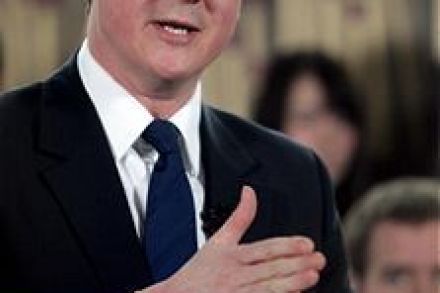Quote of the day | 11 February 2010
Is it just me, or is there something grimly hilarious about The Man Who Claimed To Have Abolished Boom-And-Bust describing our recent economic turmoil as a “one-off”? Yep, here’s Brown in today’s FT: “We are paying a one-off cost for globalisation.” More seriously, this is the technocratic side of Brown which Downing St will hope to contain during the election campaign. Calling the recession and its rocky aftermath a “one-off cost” is unlikely to play well with people who have lost their jobs and businesses.



















